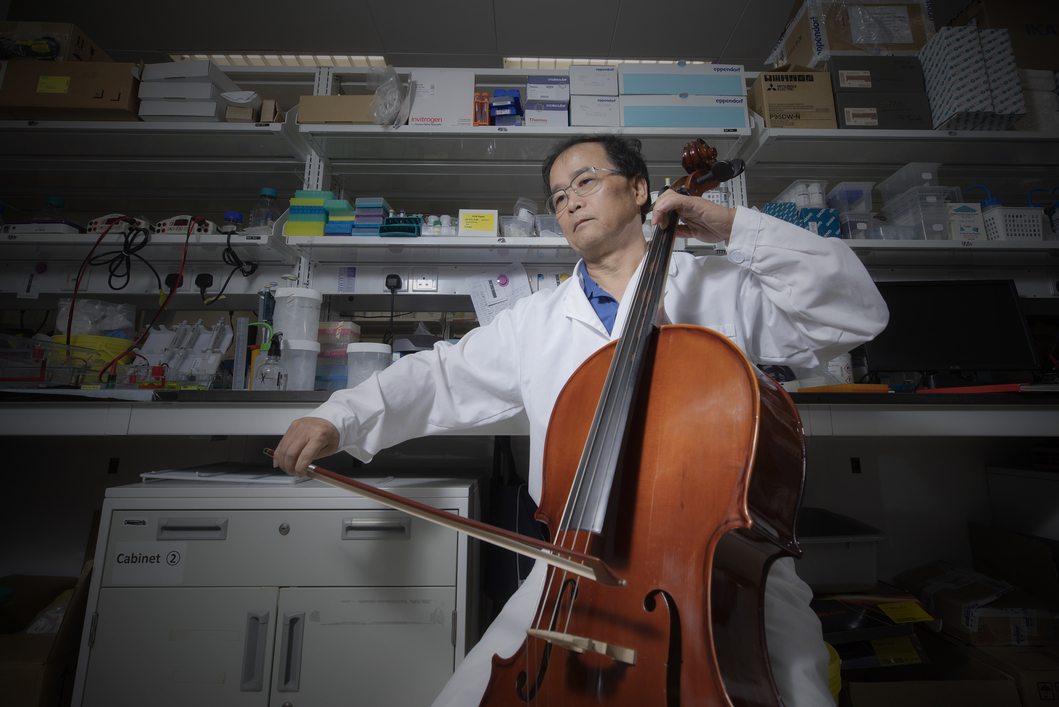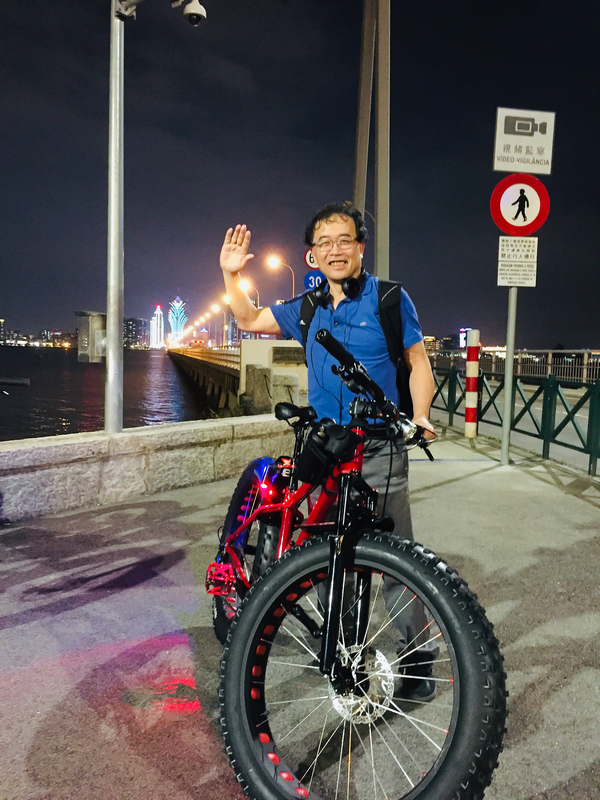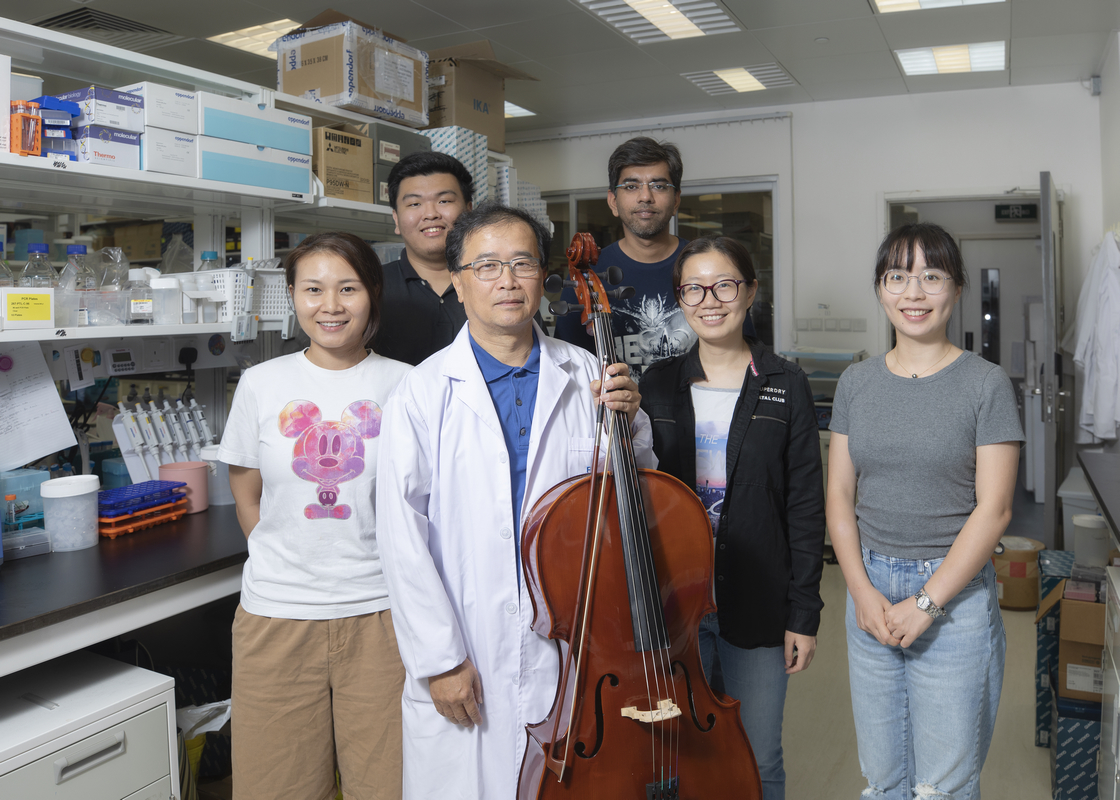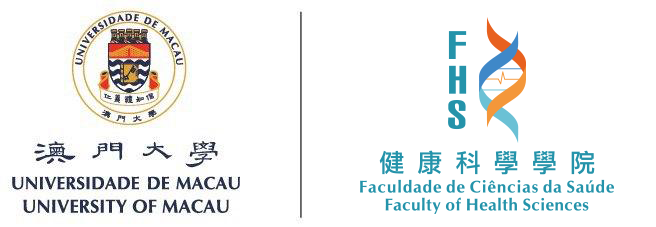Prof San Ming WANG from the Faculty of Health Sciences is a cancer researcher and a violin player. Growing up with a mother who loved violin, Wang started playing the instrument at a young age. When he picked up her mother’s violin and fiddled with it for the first time, he never thought a frivolous childhood pastime would develop into a lifelong passion.
Music Inspires Research Ideas
Prof Wang studies the role of genetic factors in cancer development from the perspectives of medical genetics, genomics, and bioinformatics, in order to develop strategies for preventing cancer caused by gene mutations. When he gets tired from work, he likes to listen to music on his computer, which is equipped with a high-quality stereo. He says, ‘Science is like a boundless ocean. It is rational and practical and closely linked to the real world, whereas music takes me to a different world that is not subject to the constrains of reality. It can even inspire new research ideas. As a researcher, I need to use my right brain once in a while to prevent a “researcher’s block”.’
For Prof Wang, music is one way of preventing a‘researcher’s block’, and walking is another. When he gets stuck in a research project, he likes to take a walk around the campus, on the streets, or even in the suburbs. ‘I seldom take a bus when I go out. I love walking. I probably have covered every inch of the city with my feet, he says.
A Gift that Enriches Life
By the time he was in middle school, Wang was already able to play the violin skillfully. At the time, China had not opened its door to the world, so Wang had to satisfy his hunger for music with the so-called ‘eight model plays’, the only operas and ballets that were permitted in China at the time. He jokes that he practiced those tunes so often he felt he could play them on his violin blindfolded. When he was studying for a medical degree in college, China began to open up to the world, and as a result, Chinese people had the opportunity to listen to Western music for the first time in their lives.
And for Prof Wang, that experience was nothing short of mind-blowing. When he was in his freshman year, one of his classmates brought a phonograph to college. That was the first time Wang had listened to Swan Lake, and he was immediately hooked. ‘I remember thinking: Oh my God! The music is out of this world! Especially that violin part, it is simply amazing, says Prof Wang, barely able to contain his excitement even though that episode happened a long time ago. That day, he listened to Swan Lake at least 20 times, and afterwards tried to play the violin part. Later, he was invited by his university to give a violin performance of Swan Lake, to which he readily agreed. That performance earned him thunderous applause and the heart of a young woman who was to become his wife. When asked what music means to him, he says without a second’s hesitation: ‘It is a gift that enriches my life.’
A Doctor-turned Researcher
Originally, Wang trained to become a doctor. But he changed his mind after his firsthand experiences with cancer patients during his internship in the university’s hospital. In 1989, he began his PhD studies at the Swiss Institute for Experimental Cancer Research (ISREC in its Swiss acronym) and received his PhD degree in 1994. What made him decide to reinvent himself as a researcher? He says, ‘There are many rules and regulations that prevent medical doctors from trying new therapies or inventing new drugs at will. But there are no such restrictions for researchers. In fact, it’s the researcher’s job to come up with new ideas, no matter how silly or far-fetched those ideas may sound. And at the end of the day, it’s the breakthroughs in research that lead to better drugs and new therapies.’
The Definition of Good Music
When studying in Switzerland, Wang had the opportunity to listen to Western classical music to his heart’s content. For instance, he listened to Dvořák’s music so frequently that he could hum along to the melody without missing a beat. Once, when he was doing an experiment in the laboratory, his Swiss colleague heard him humming Tchaikovsky’s Symphony No 1 and asked in surprise how he knew classical music, to which Wang replied: ‘Why can’t I know classical music?’
Lured by the mellow, sonorous sound of the cello, Prof Wang began to teach himself to play this new instrument a year ago. Soon, he was confident enough to play in the residential colleges at UM. While he agrees that skills are important in playing musical instruments, he believes the ability to strike a chord with the audience is even more important. ‘Different people like different kinds of music. Good music is the kind of music that resonates with you,’says Prof Wang. ‘In the classical Chinese novel Dream of the Red Chamber, Lin Daiyu wouldn’t play the Chinese zither without changing into the right clothes and burning the right incense, because she needed to create the right vibe in order to convey the right mood of the music. It’s the same for me. I never touch my violin or cello if I don’t feel I am in the right mood.’
Music of the Night
A professor and a researcher, Prof Wang has a busy schedule. At the end of the day, he likes to lose himself in the world of music. ‘Composers are so great!’ he says, showing us his hands covered with callouses from playing the violin.
Prof Wang says that music is a gift that enriches his life. It keeps him young at heart and helps him unwind so he can go back to his work with a fresh mind. While music heals his exhaustion from a busy day, he hopes his research will produce results that eventually heal cancer patients. ‘That would be the best gift I could give back to society. If that happens, that would truly be music to my ears,’says Prof Wang with a grin.
Source: My UM Issue 92


Prof Wang tours the city of Macao on his bike

Prof Wang Sanming says music inspires research ideas

Prof Wang Sanming and his research team

